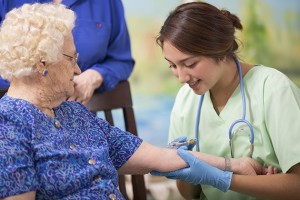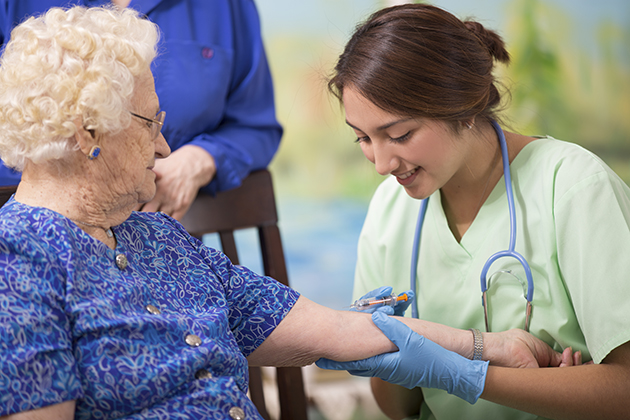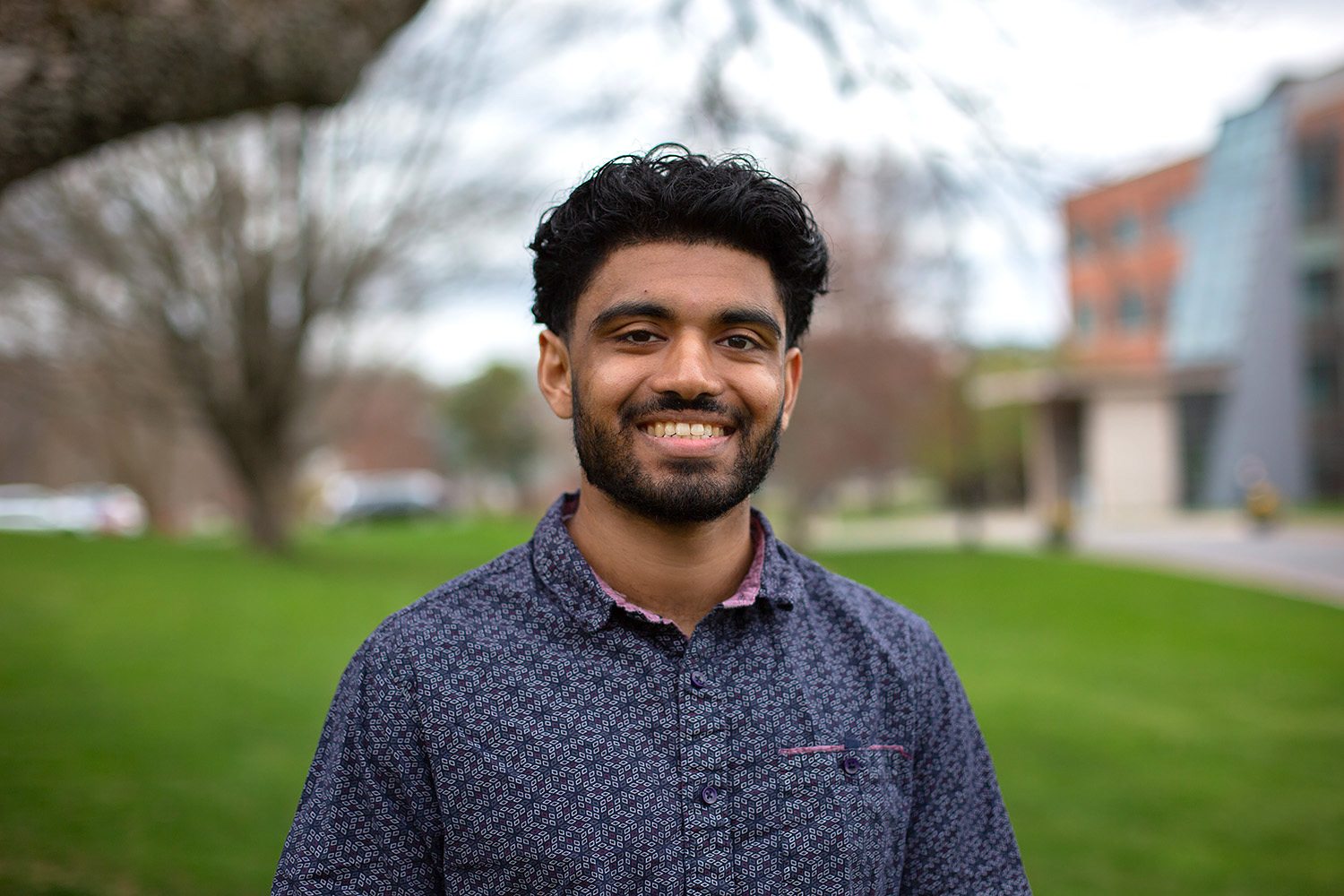It’s August, and pharmacies are already advertising the influenza vaccine. But if you think it’s a little early to be getting a flu shot – you’re right.

Flu shots are important — but so is the timing.
“When adults get the vaccine in September, the peak effect wears off by late December. But flu season peaks in January and February,” warns Laura Haynes, an immunologist and gerontologist at UConn Health. “October or November is a much better time to get the vaccine. That way, you’re still protected when virus season is at its worst.”
The right timing for the flu vaccine is especially important for the elderly, who are at particular risk. People over 65 are much more likely than younger adults to have serious complications or die from a bout with the virus.
The immune systems of the elderly often don’t react to flu virus the same way. Many of the elderly have already encountered every possible strain of the flu during their long lives, and may still have antibodies to all of them. But these antibodies don’t stimulate a sufficiently strong response by the T-cells that find and destroy the virus.
Haynes leads a major project funded by the National Institute on Aging that seeks to better understand older people’s responses to the flu vaccine and to develop better vaccines.
One way to stimulate the immune response is to administer a high-dose vaccine, which contains four times as much flu antigen as the regular version. But the high-dose vaccine has stronger side effects, is more expensive, and may not be best for everyone.
“Previous studies have looked at people as averages. But as we get older, we get more and more different from one another. As a result, medical care for the elderly needs to be much more individualized and precise,” says George Kuchel, director of the UConn Center for Aging, who leads another investigation that seeks to identify older adults most likely to benefit from the high-dose flu vaccine.
“Flu is a major killer at all ages, and we need to understand who really needs the high-dose vaccine.”
Haynes and Kuchel are recruiting both healthy and frail adults between the ages of 25 and 80 who have not yet received a flu shot in 2015 for the studies. If you’re interested in volunteering, contact Lisa Kenyon at the UConn Center for Aging.



